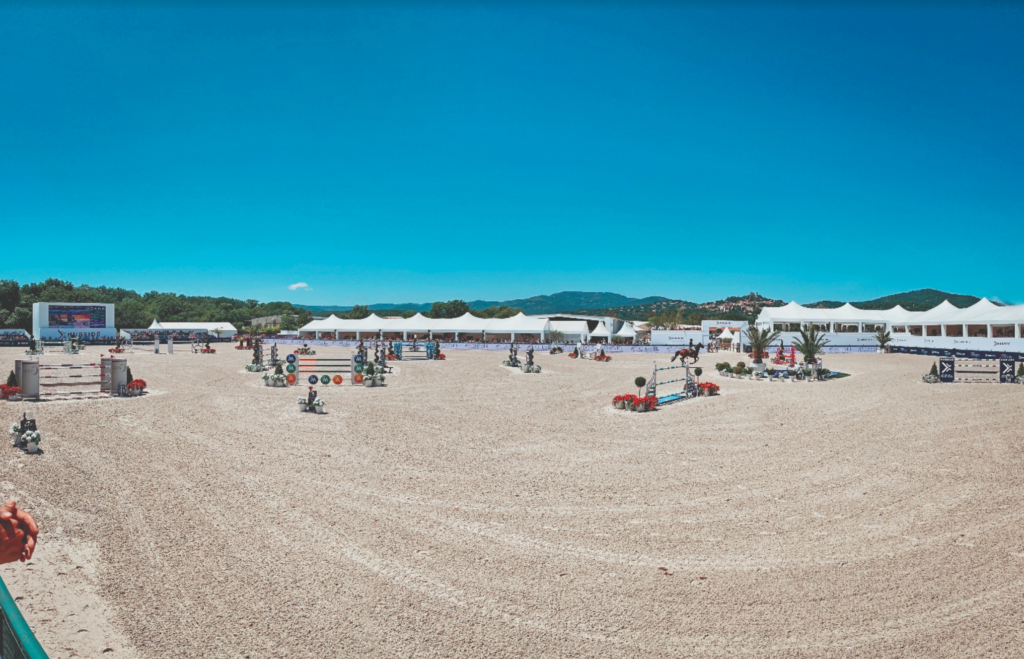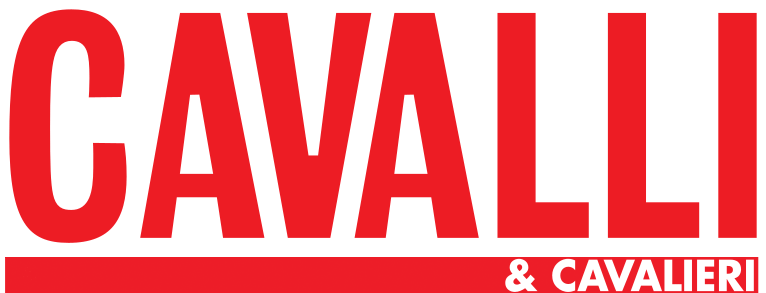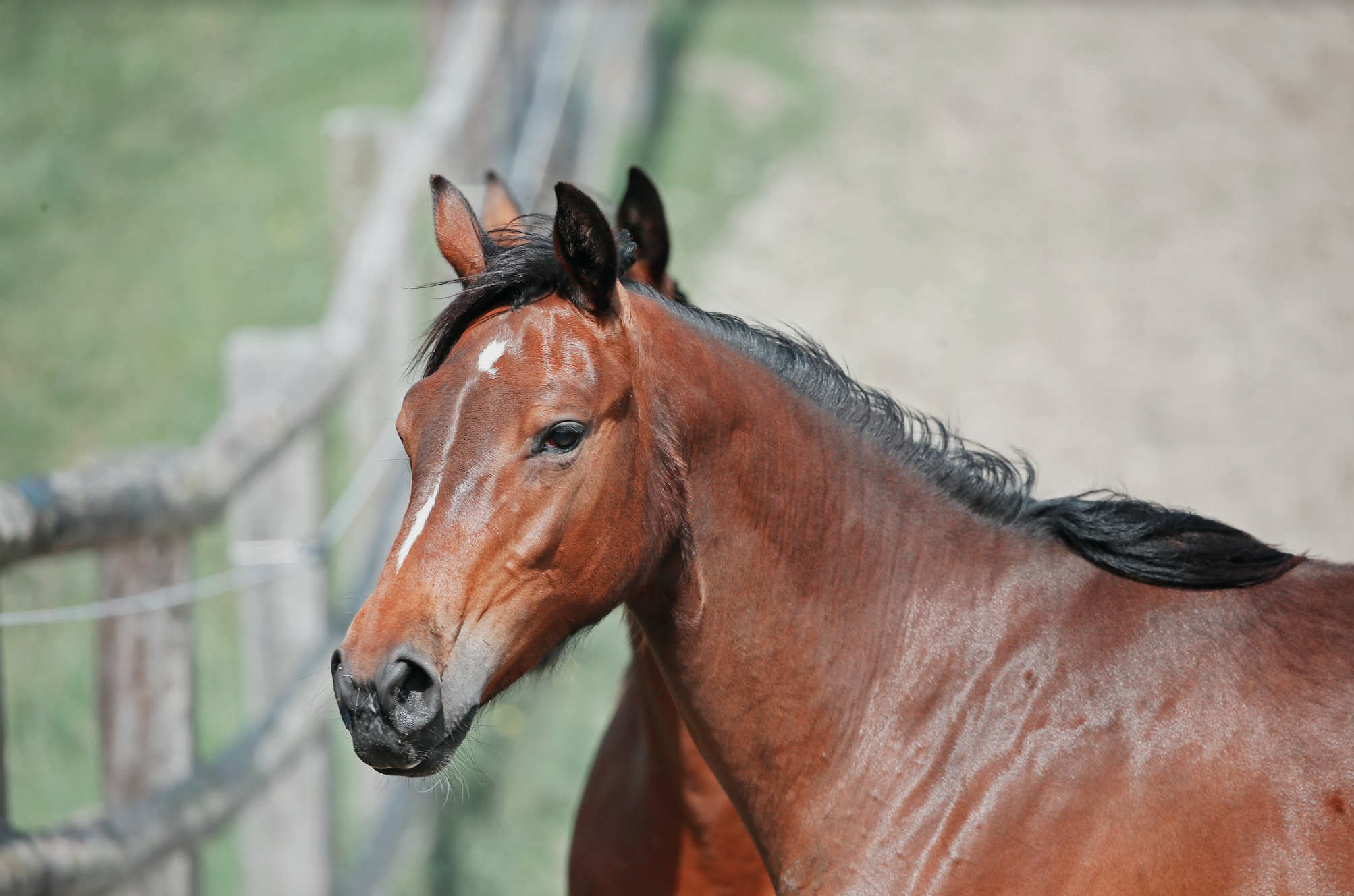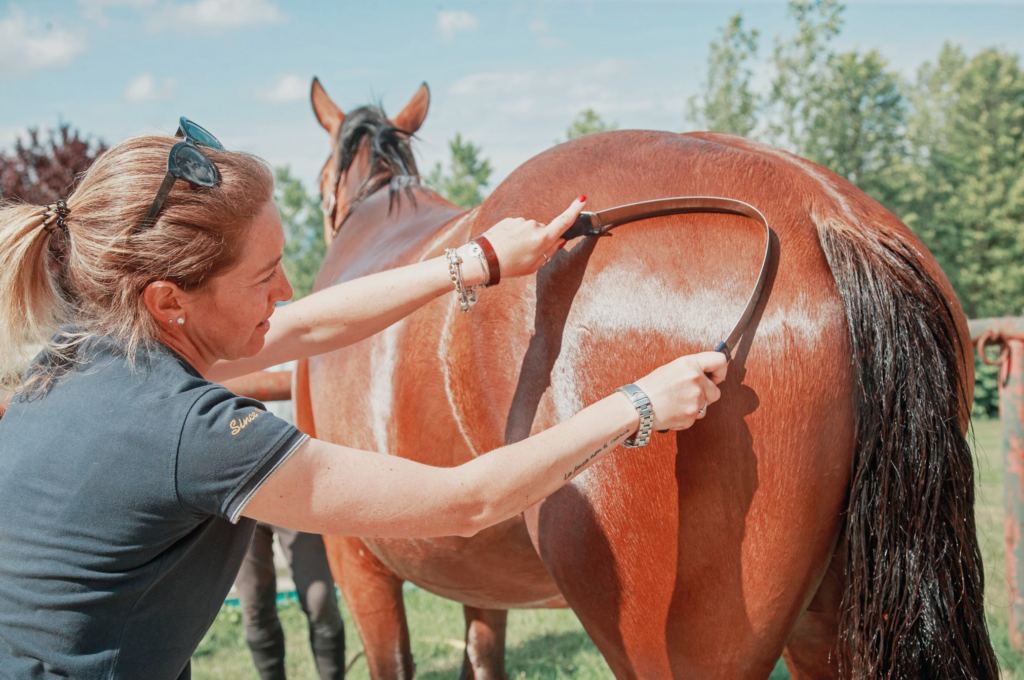Salts and Sweat
The important role played by electrolytes
On very hot and muggy days, horses must thermoregulate, i.e. maintain an adequate body temperature, which clashes with ambient temperatures that are often above 25 degrees even at night.
If this temperature increases then horses find themselves outside their thermal comfort zone and their bodies must activate all those mechanisms needed to maintain an adequate body temperature. In order to do this, sweating is the most efficient mechanism; excess heat is dispelled by sweating and body temperature remains within a normal range.
Horses certainly sweat the most when exercising. Even if one tries to ride during cooler hours, exercise in any case involves a significant production of heat and consequently there is intense sweating. It is absolutely normal for a horse to lose at least 10 litres of sweat during an average training session during the summer.
At shows held during the summer months one is often obliged to jump during the hottest hours of the day and at times in places where there is no shade, with horses losing up to 15 litres of sweat. If a horse is a little more nervous than usual it will sweat even more.
Such loss results in visible effects that we must face and prevent:
— The horse ‘loses weight’: a significant loss of liquids through sweating results in consumption of water and electrolyte reserves in the large intestine. Consequently horses lose weight and their abdomen looks thinner. — Losing salts: intense sweating causes the loss of electrolytes such as sodium, chlorine, but also potassium, calcium and magnesium. — Consumption of a great deal of energy: exercising in hot and damp environments requires a significant expenditure of energy both in order to support muscular work and due to the loss not only of electrolytes but also of small quantities of protein such as lectin.
Heat stroke When it is very hot our horse is at risk of heat stroke. When the body temperature rises too much, sweating is not enough to dissipate the heat and the horse may even collapse. The first signs are tiredness, the horse may even struggle to walk, rapid breathing and a fast heart rate. Heat stroke must absolutely be prevented as it can put the horse’s life at risk.

What should one do?
Water is a fundamental element but it is not enough and that is why during the summer season it is important to add adequate amounts of: — Water. It must always be available as well as fresh and clean, better if provided not only in stable drinkers but also in buckets. When travelling always make sure the drinkers in the stables are working. It is best to always leave a bucket of water available and regularly refill it. — Dampen the normal food ration. An easy method is to add water to food rations almost to form a kind of fresh mash. — Add a fibrous product to the ration.One can opt for ready-made fibre-based mash or choose wafers or chaff to be fed after soaking it in water for about 30 minutes. Our horse therefore assimilates more water while eating.
Snow white In those areas subject to rubbing, such as the inner part of the thighs or parts of the neck in contact with tack, one may see white foam forming. This is caused by the fact that sweat contains lectin, a protein similar to that in egg white.
— On very hot days we can also add more water by wetting the hay, but it must then be eaten immediately otherwise it ferments and is extremely bad for horses. To remedy this, steamed hay can also be used, which helps increase the water content without losing its important salts. — Electrolytes: The main ones are sodium and chlorine, which must never be lacking. A couple of tablespoons of table salt, sodium chloride, per day in rations is a good supplement. There are, however, excellent products on the market that are a balanced mix of electrolytes and other substances needed to support effort such as antioxidants or sugar molecules. — Sugars: small amounts of sugars, which are usually already added to commercially available electrolytes, help the absorption of water and electrolytes and are therefore useful supplements.
Instructions When a horse’s diet is short of electrolytes: — It drinks little — It is tired, lazy and slow to recover — May have muscular problems such as rhabdomyolysis — May have hiccups.





